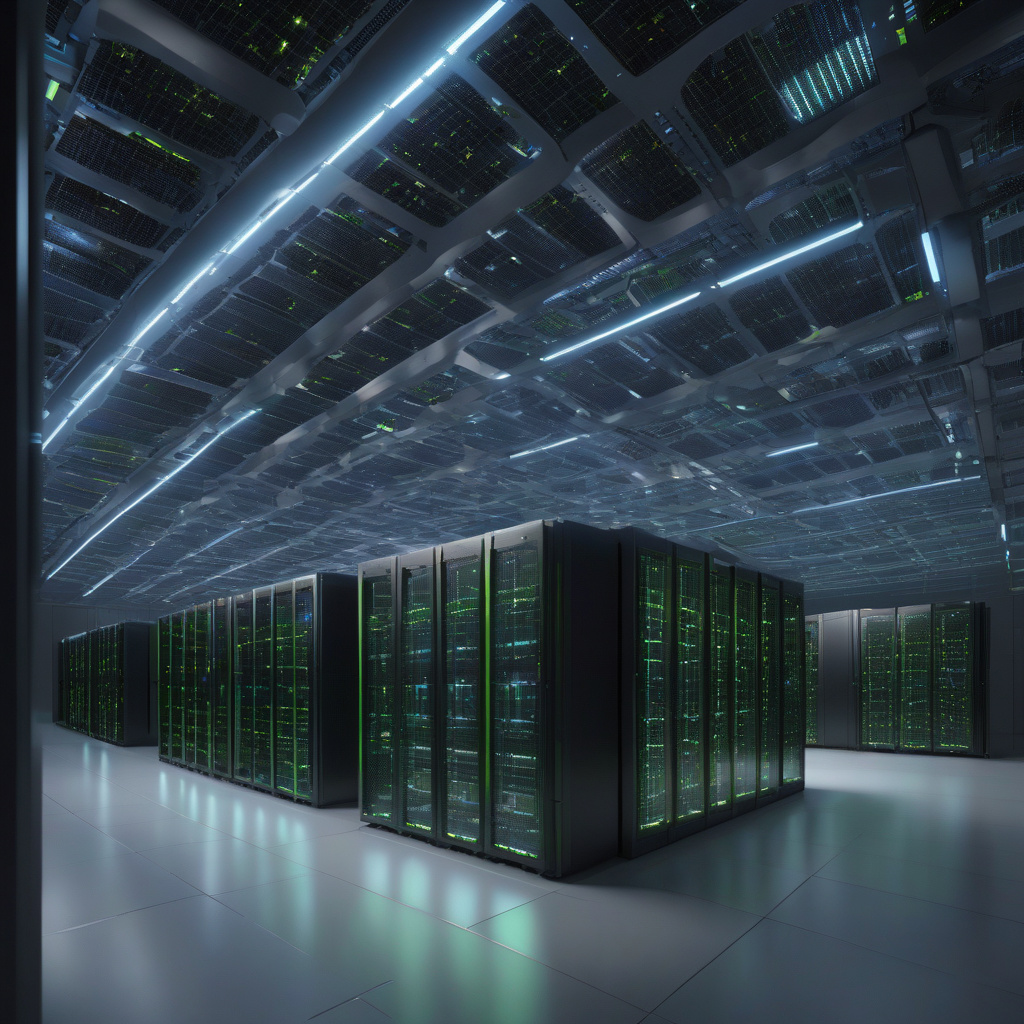Exclusive: How Sustainability Challenges Are Putting Data Centres Under Pressure
The global rush to build data centers amid the AI boom is facing mounting sustainability challenges that threaten their long-term viability and the essential services they provide. As the world becomes increasingly digitalized, the demand for data storage and processing power has skyrocketed. This has led to a proliferation of data centers worldwide, which are crucial for supporting everything from online services to artificial intelligence applications.
However, this rapid expansion comes at a cost. Data centers are notorious for their high energy consumption, with some larger facilities consuming as much power as a small town. The environmental impact of this energy usage is significant, contributing to carbon emissions and straining local power grids. As concerns about climate change grow, the sustainability of data centers has come under scrutiny.
One of the key challenges facing data centers is the reliance on fossil fuels for electricity generation. Many data centers are powered by non-renewable sources such as coal, oil, and natural gas, which have a high carbon footprint. This not only contributes to climate change but also exposes data centers to risks such as volatile energy prices and supply chain disruptions.
To address these challenges, data center operators are increasingly turning to renewable energy sources such as solar, wind, and hydroelectric power. By investing in on-site renewable energy generation or purchasing renewable energy credits, data centers can reduce their carbon footprint and insulate themselves from the risks associated with fossil fuel dependency.
Another sustainability challenge facing data centers is the issue of electronic waste. As data centers upgrade their equipment to keep pace with technological advancements, old servers, storage devices, and networking equipment are often discarded. This electronic waste can leach harmful chemicals into the environment if not properly recycled or disposed of, posing a threat to local ecosystems and human health.
To combat the problem of electronic waste, data center operators are implementing circular economy practices such as refurbishing, reusing, and recycling old equipment. By extending the lifespan of hardware components and reducing the amount of waste sent to landfills, data centers can minimize their environmental impact and contribute to a more sustainable future.
In addition to addressing energy consumption and electronic waste, data centers are also exploring innovative cooling technologies to improve their sustainability. Traditional cooling systems account for a significant portion of a data center’s energy usage, so finding more energy-efficient alternatives is crucial. Methods such as liquid immersion cooling, advanced airflow management, and free cooling using outside air can help data centers reduce their energy consumption and operating costs.
Despite these challenges, the push for sustainability in data centers presents an opportunity for innovation and growth. By adopting renewable energy sources, implementing circular economy practices, and investing in energy-efficient technologies, data centers can not only reduce their environmental impact but also improve their long-term viability and resilience.
As the world continues to digitize at a rapid pace, the sustainability of data centers will be a critical issue to address. By prioritizing environmental responsibility and embracing sustainable practices, data center operators can ensure that they remain essential infrastructure for the digital age while minimizing their impact on the planet.
#DataCenters, #SustainabilityChallenges, #RenewableEnergy, #ElectronicWaste, #InnovationAndGrowth.
